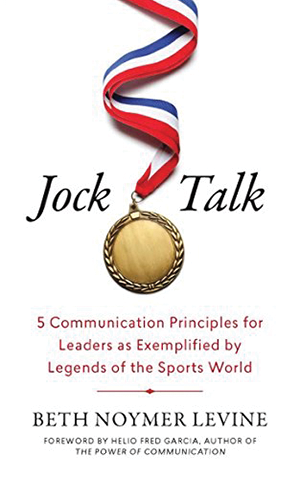Mindware: Tools for Smart Thinking
Richard E. Nisbett, Farrar, Straus and Giroux, New York, NY, $27, 336 pages, Aug. 2015, ISBN: 978-0-37411-2-677

Scientific and philosophical concepts can change the way we solve problems by helping us to think more effectively about our behavior and our world. Despite their utility, though, many of these tools remain unknown or underutilized. This book presents these ?tools to answer some of the most fundamental questions about how to reason and make valid inferences.
The author, a well-known psychologist, presents reasoning and inference concepts — including the law of large numbers, statistical regression, cost-benefit analysis, sunk and opportunity costs, causation and correlation — in clear and accessible detail. He presents methods to frame common problems in such a way that these scientific and statistical principles can be applied. This practical guide provides the essential tools of reasoning to help improve professional, business, and personal decisions.
The Silo Effect: The Peril of Expertise and the Promise of Breaking Down Barriers
Gillian Tett, Simon & Schuster, New York, NY, $28, 304 pages, Sept. 2015, ISBN: 978-1-45164-473-9

A characteristic of industrial-age enterprises is that they are organized around functional departments — i.e., silos — but this organizational structure can result in both limited information and restricted thinking. This book poses the questions: Why do humans working in modern institutions collectively act in ways that sometimes seem stupid? Why do normally clever people fail to see risks and opportunities that later seem blindingly obvious? Why are we sometimes so blind to our own blindness?
The author answers these questions using her background as an anthropologist and her experience reporting on the financial crisis in 2008. She shares eight different tales of silo syndrome, including New York City Hall under former mayor Michael Bloomberg, the Bank of England, Cleveland Clinic hospital in Ohio, Facebook, Sony, the BlueMountain hedge fund, and the Chicago police department. These narratives illustrate either how foolishly people can behave when they are mastered by silos, or how institutions and individuals can master their silos for success.
Rise of the Robots: Technology and the Threat of a Jobless Future
Martin Ford, Basic Books, New York, NY, $28.99, 352 pages, May 2015, ISBN: 978-0-46505-999-7

As technology continues to accelerate and machines begin taking care of themselves, fewer people will be necessary in the workforce. For example, smart software and robots are already well on their way to making paralegals, journalists, office workers, and even computer programmers obsolete. The author of this book postulates that if action is not taken, the result of this shift will be massive unemployment and inequality, as well as the implosion of the economy.
The book details what machine intelligence and robotics can accomplish, and explains why employers, scholars, and policy makers need to face the implications. It advises readers as to why this technological revolution is different from those of the past, and suggests that previous solutions to technological disruption, such as training and education, are insufficient. Those interested in understanding what accelerating technology means for their own economic prospects as well as for society will find this book interesting.
Jock Talk: 5 Communication Principles for Leaders as Exemplified by Legends of the Sports World
Beth Noymer Levine, Greenleaf Book Group Press, Austin, TX, $19.95, 152 pages, April 2015, ISBN: 978-1-62634-171-5

Athletes are afforded more turns than most at public speaking, and therefore provide an excess of both exemplary and cautionary examples. This book points out what executives can learn from these examples. The result is a substantive, yet entertaining, business book that teaches leaders and aspiring leaders why and how to shape their communications in order to be more effective and impressive.
The book candidly examines the public comments of athletes, coaches, and team owners. Their stories illustrate five foundational communication principles — audience-centricity, transparency, graciousness, brevity, and preparedness — that help speakers find their best voice and communicate in a way that will build support, reputation, and business. In addition to the insights provided by these five principles, the book provides delivery tips and an easy-to-use framework for developing a presentation or remarks for any occasion.
Copyright Permissions
Would you like to reuse content from CEP Magazine? It’s easy to request permission to reuse content. Simply click here to connect instantly to licensing services, where you can choose from a list of options regarding how you would like to reuse the desired content and complete the transaction.
